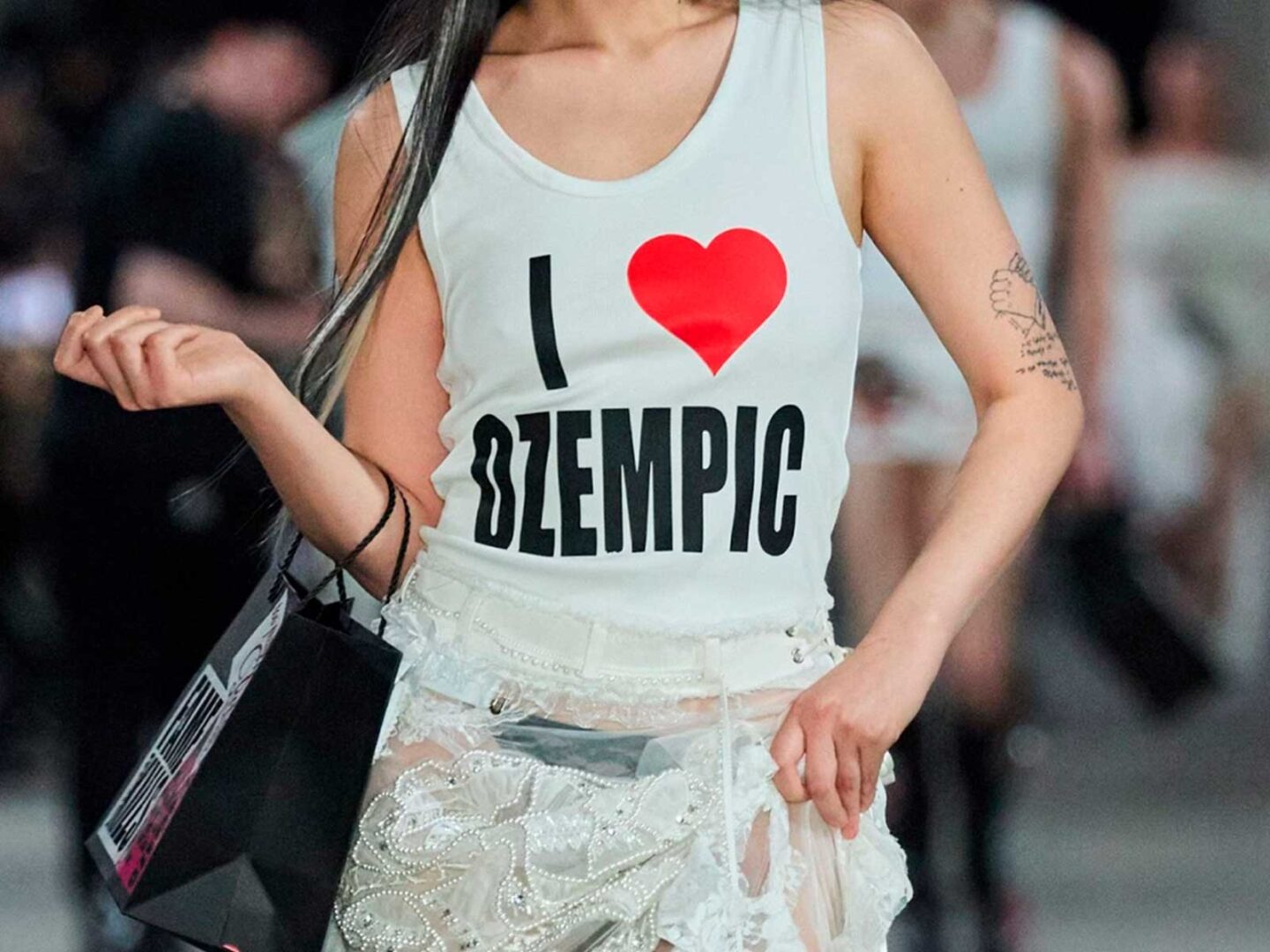Never before has a generation debated so intensely and under such scrutiny the literal and symbolic weight of medicine as in the first six months of the Trump era. Washington’s trade policy, with its wave of tariffs and protectionism, has put entire industries in check, and among them, the European pharmaceutical industry emerges as one of the main collateral damages. But within this perfect storm, there is an unexpected protagonist that embodies not only an economic battle, but also a profound cultural clash: Ozempic, the revolutionary obesity pill that seemed to have found the magic formula for contemporary body control.
The trap of globalisation: Ozempic versus the tariff wall
Since his presidential campaign, Donald Trump has made it clear that his crusade would be to bring pharmaceutical production back to US soil, claiming national sovereignty over something as essential as health. Ursula Von Der Leyen, by semi-confirming the imposition of a unilateral European tariff of 15% on pharmaceutical exports, laid the first stone of an invisible but insurmountable wall for companies such as Novo Nordisk. The Danish company, creator of Ozempic, saw its shares fall by 26% last July, a drop that speaks not only of numbers but also of the fragility of a globalised model that cannot withstand geopolitical tensions.
But Novo Nordisk’s debacle cannot be explained solely by geopolitics: fierce competition in the United States, with Eli Lilly hot on its heels, and the unexpected rise of ‘dupes’, those illegal and cheap versions of Ozempic, are eroding the ground it has conquered. A parallel market that began as a response to shortages and the exorbitant price of the pill, and which has continued even after the end of the grace period granted by the FDA.
The dark side of success: when demand becomes the enemy
Paradoxically, Ozempic’s meteoric success became its own undoing. Novo Nordisk’s inability to meet global demand, coupled with competition and the proliferation of counterfeit versions, has forced the company to drastically lower its projections: from an initial optimistic 21% growth by 2025 to a modest 8-14%. This course correction also speaks to the inherent precariousness of medical revolutions when faced with complex economic and social realities.
But Ozempic is not just a pharmaceutical phenomenon. Its popularity on social media, with #Ozempic receiving over a billion views on TikTok in 2024, transcends medicine to embody a new mandate of body and control. Now, as recession and a return to conservative models shape the collective psyche, the drug has become a symbol of bodily efficiency and obsessive control, a return to extreme thinness that seemed to have been banished by years of inclusive discourse and body positivity.
The aesthetic flip side: The decline of body positivity?
While body inclusion movements fought to demystify traditional standards and celebrate diversity, the emergence of Ozempic marks a step backwards. The obsession with thinness resurfaces in the collective imagination, fuelled by a latent conservatism that associates success, self-control and virtue with a slim figure. This renewed aesthetic, driven by catwalks and social media, is a new form of social control that goes beyond the superficial: it is a disciplining of the body in liquid times, a silent standardisation that infiltrates popular culture with an almost totalising reach.
What comes after Ozempic?
The question left by this crisis is not only economic or health-related, but deeply cultural and philosophical: what happens when medicine becomes a vehicle for aesthetic and political norms? Is the end of Ozempic a possible return to bodily ‘normality,’ or merely the gateway to new cycles of control and exclusion? In an era where the global economy is fragmenting and politics seems to be reclaiming its right to health, medicine and fashion, the fate of the human body seems more uncertain than ever.
Perhaps the end of Ozempic is not the end of an era, but a sign that we are entering a new chapter in the history of the body, medicine and aesthetics, where the boundaries between the biological, the economic and the cultural are blurring, demanding of us a profound and necessary reflection on who we are and what kind of world we want to inhabit.
Sigue toda la información de HIGHXTAR desde Facebook, Twitter o Instagram
